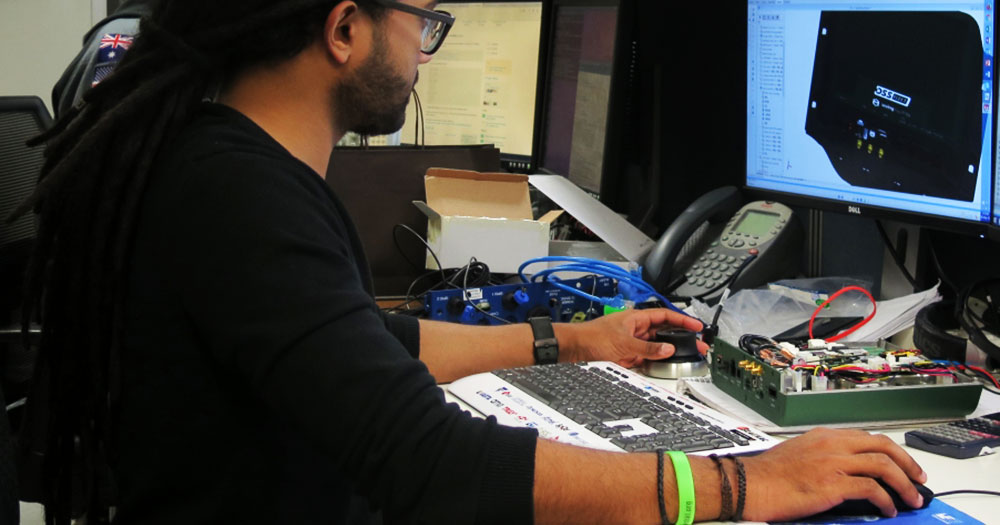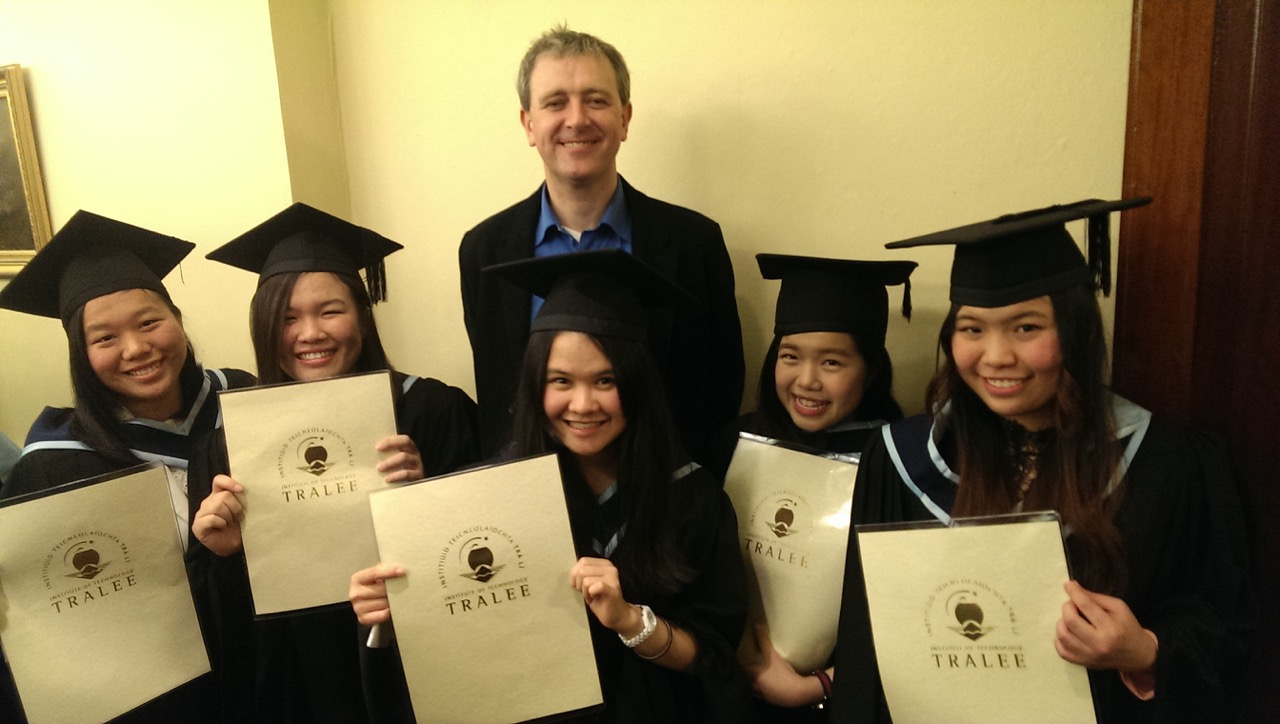
MCKL Alumnus amongst Most Innovative Engineers in Australia
For many young Malaysians, simply gaining entry into a university overseas is enough of an ambition. For the hardworking few, receiving awards in prestigious universities overseas may be more of a reality than most dare to dream.
Damien Balachandran completed his A Level studies in Methodist College Kuala Lumpur (MCKL) in 2008, and proceeded with a Bachelor of Engineering at Australian National University (ANU) with the International Undergraduate Scholarship Award. Upon graduating from there, Damien began working as a Hardware Engineer at Seeing Machines and was recently named one of Australia’s most innovative engineers for his role in developing ‘Guardian’, a product that can manage driver fatigue through computer vision.


In recognition of MCKL’s contribution to Damien’s personal and academic growth, his father wrote to MCKL to express his endorsement and gratitude:
“…This was his stepping stone which took him to complete his Hons in Engineering at Australian National University in Canberra. He graduated in 2012 and was chosen as the graduated speaker. From here he was offered employment as an undergraduate in Seeing Machines based in Canberra.
“We as parents of Damien made the right choice in choosing MCKL for his foundation studies. Thanks to all lecturers in nurturing him for achievements.”
Students who have similar aspirations may consider enrolling for MCKL’s courses such as the Cambridge A Level, Western Australian Matriculation, American Degree Transfer Programme, Diploma in Early Childhood Education, Diploma in Social Work or Accounting Studies (ACCA). Scholarships are available for deserving students. For further information on MCKL and its programmes: call 03-22746711 (Marketing) or 03-22741851 (General), email [email protected] or visit our website www.mckl.edu.my.
















